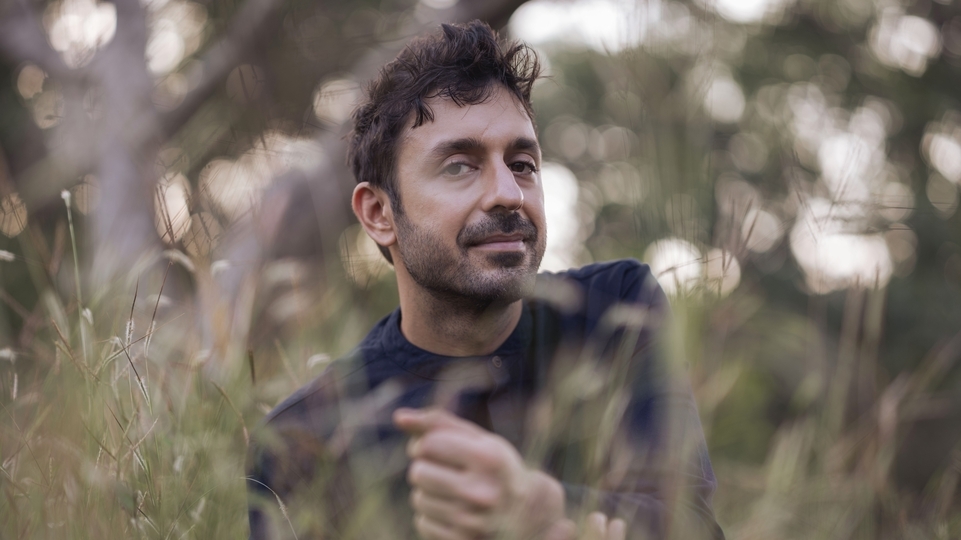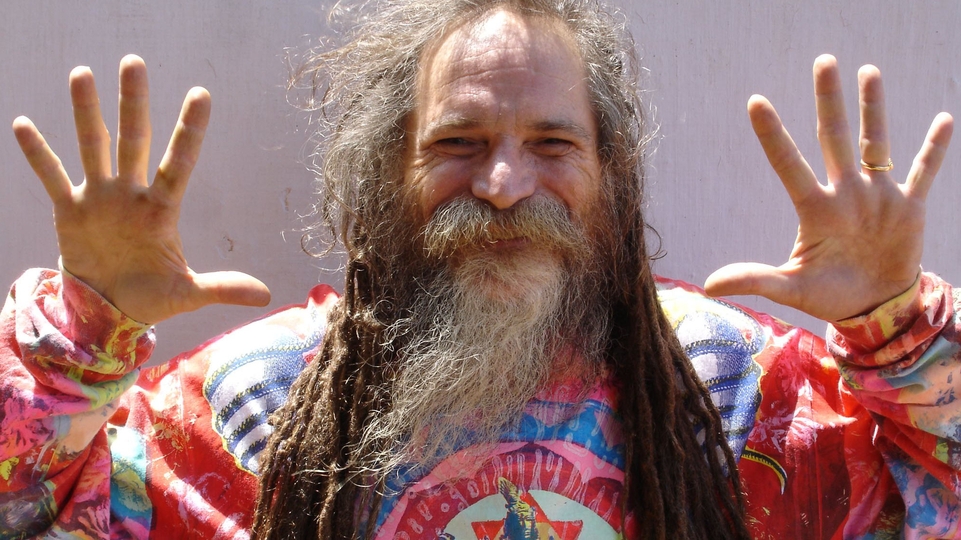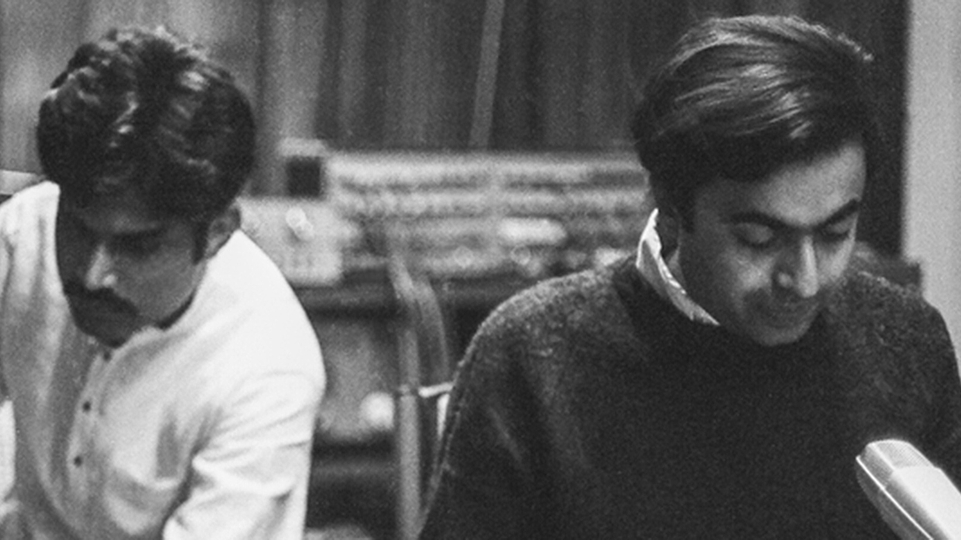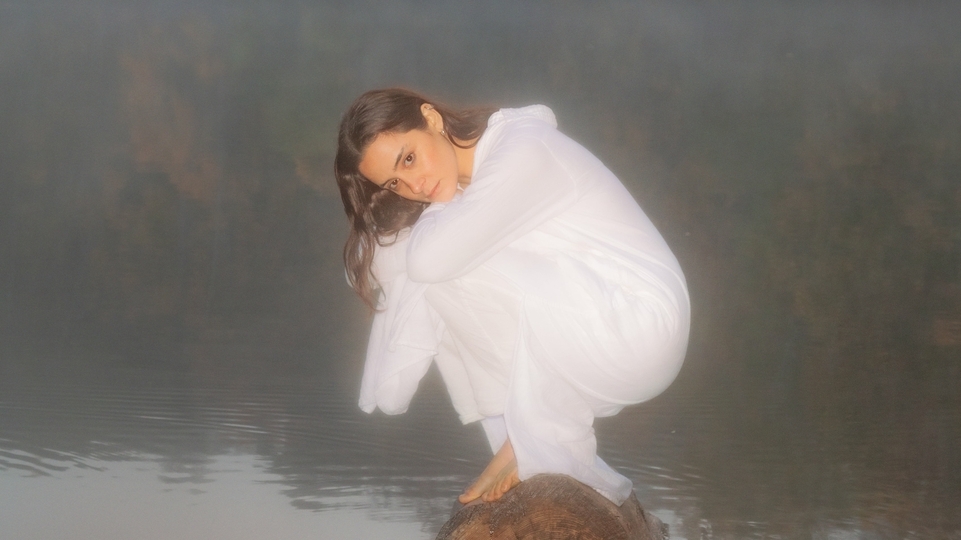
Kiss Nuka: tilting the scales
After years spent as an established pop artist, Goa's Kiss Nuka devoted her life to underground electronic music, and has never looked back. She tells Tara Joshi about making music on her own terms, her commitment to activism, and celebrating feminine energy
When Kiss Nuka’s face appears on the screen of our video call, it is covered in tattoos. Not in a SoundCloud rapper way: these are delicate black patterns that appear like ancient markings intricately decorating her eyes, her nose, her cheekbones, as well as her hands and her collarbone. It’s a relatively recent addition to her look, she explains with a bright smile: “For me, it was like a coming of age. The final nail in the coffin of my past.”
The past to which the rising Mumbai dance music producer is referring is as follows: in the late ‘90s and early 2000s, you might recall a TV show called Popstars ruled the airwaves. One of the first televised talent contests of its kind, it would inspire the creation of Pop Idol, X Factor and more.
At the time, it was a huge international franchise in its own right (in the UK, for example, it launched the career of Girls Aloud). Kiss Nuka — whose real name is Anushka Manchanda — entered Popstars when the show came to India in 2002 and, as part of the girl group Viva!, she won. It was a moment which hurtled her unexpectedly into a two- decade-long career in music. “I entered Popstars on a lark and got through, and suddenly I was in music, professionally, without a single clue of what to do or what was going on,” Manchanda laughs from Goa, where she is currently based. “Wherever the wind was blowing, I was going that way.”
Soon, she was not only a beloved popstar, but also a highly sought-after playback singer in India’s film and commercial industry. But Manchanda had known for some time the sort of music she really wanted to make. Growing up, she had loved rock music like Metallica and electronic artists like The Prodigy and Apollo 440, and as she got older and started going raving in Goa, she felt moved by being on the dancefloor. “There’s like 200 people, 1,000 people, 60,000 people, whatever; everyone’s heart beating at the same time, everyone connected,” she says. “That’s really powerful, and healing, being able to physically release everything toxic from your system.”
And so she started learning production, heading to New York with her brother to study at the renowned (now-defunct) school, Dubspot. “I had what I wanted to do in my head, but I didn’t have the skillset to export it,” she explains. In 2018, she released ‘Don’t Be Afraid’, her first single as Kiss Nuka — a gleaming slice of dreamy electropop, with airy vocals layered over billowing synths. Tellingly, the music video was a beautiful exploration of reincarnation. But this was all while Manchanda was still balancing the commercial work on the side.
Pop had never been her first love — besides which, she had been growing increasingly political. A lot of the music she was being asked to sing didn’t align with her ethics, she explains: be that film songs with uncomfortable representations of women in their lyrics, or commercial songs for brands that weren’t cruelty- free or vegan (Manchanda is a big advocate for animal rights; to the extent that she used to have 30 cats, and even changed the image of the snake on her EP artwork after finding out the original photo she’d used was of an animal in captivity).
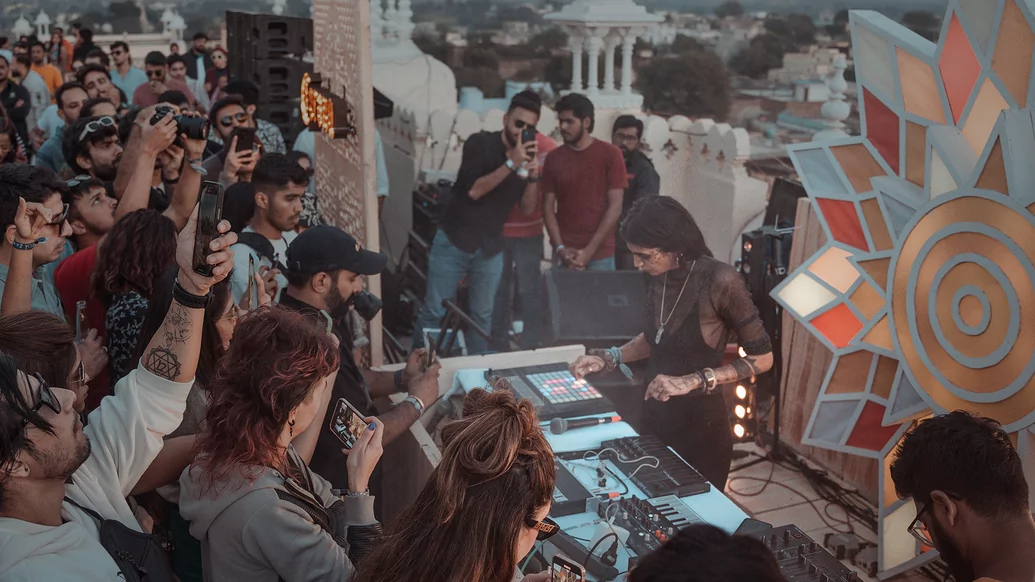
“For most of my life, I felt that I had to be masculine, strong and tough, to assert myself... But now I’m reconnecting and celebrating my femininity, which was something I had looked at as being weak.”
“The pandemic gave me the opportunity to spend that time with myself and really evaluate what was important,” she says. “And so then I decided to cut everything off, and put all my focus and energy into Kiss Nuka.” It was a gamble, but one that appears to be paying off. Kiss Nuka’s emergence comes at a time when India’s dance music scene is in rude health. Though Goa has always been part of the global stage when it comes to electronic music, elsewhere in the country, producers and DJs are rising to the fore.
Still, she says, “There’s a ceiling. There’s not a lot of financial support for independent artists. It hasn’t been so easy in the past to break through — and I think a large part of that was this expectation for artists from India to have some kind of cultural significance in terms of their sound. It used to piss me off when I first started producing music,” she grimaces. “When I would be first sharing it with people, travelling to LA, people would say, ‘Oh, why don’t you add a sitar?’ I’m not gonna add a fucking sitar, yaar [mate]! Like, don’t shove my culture down my throat. But it’s funny, because I’ve come back to it full circle, but it’s on my own terms.”
In doing so, her music melds melodic and percussive elements of Indian music with sounds from UK and US dance. Her Mixmag Lab live set in Goa from last year is euphoric to behold; you can practically feel the glowing heat of her surroundings blended into the deft traversing of genres, as she crescendos from softly melodic ambient and nods to psy- trance into heady bass, breaks and juddering footwork. The set is telling of Manchanda’s commitment to nailing her craft.
“I had learned how to produce on Logic, but when I got booked to play Mixmag, my songs were all very cinematic — and I remember having a conversation like, ‘Mixmag Lab is a dancefloor’,” she says. “And so I took two months off to learn how to use Ableton, broke down my existing tracks, and turned them into dancefloor versions.”
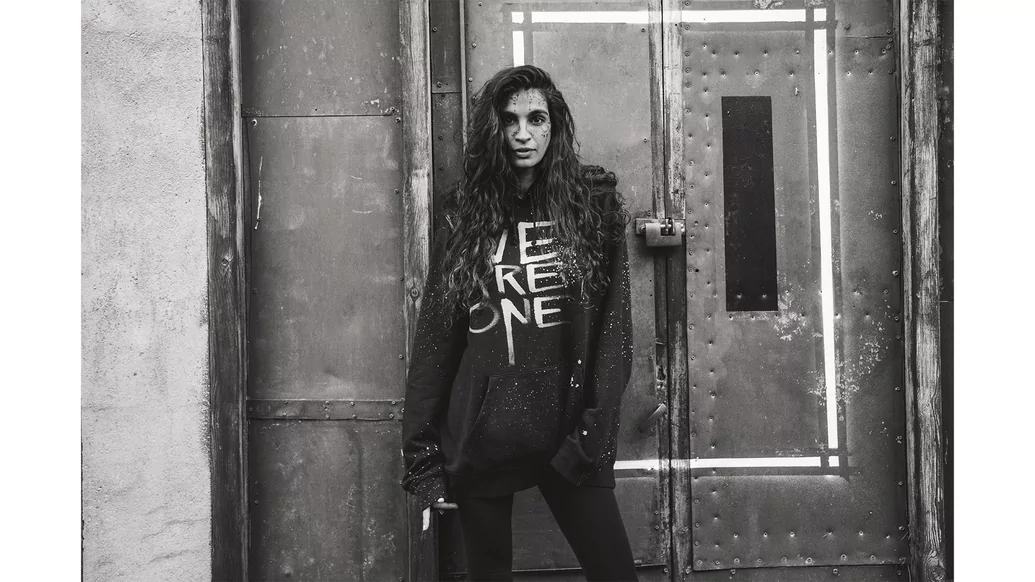
“I think the shift to this project was partly to have credibility. To be respected as the artist that I feel I am.”
The organic confidence and building energy of that performance is something solidified on Kiss Nuka’s most recent self-released EP, ‘Serpentine’, which dropped at the end of 2022. “I’m finally in the place where I have the skills to produce the kind of music that I want and actually like listening to,” she beams. Also produced in Goa, a soft warmth seeps through ‘Serpentine’: sometimes, that means ‘Pure Shores’- esque downtempo pop, where birdsong finds a home alongside her melismatic vocal; elsewhere, it means bouncing four-on-the-floor, or crunchy synths, or flickers of drum & bass.
On one track, there’s a playfully looped voice note: “Mould and humidity in Goa is one big fuckface fucker of a thing” (sent in sympathy by her friend Gaya when Manchanda was dealing with the difficulties of preserving her audio equipment through Goa’s monsoon season). The imagery of a snake is no coincidence, of course; a creature that is close to Earth, associated with rebirth and the shedding of skin — but also, inextricably, with temptation and, accordingly, womanhood, as per Eve and the garden of Eden.
The intersection of the natural world and femininity is something that winds its way throughout Manchanda’s work; all as part of a personal sense of activism. “It’s not something I can separate from my artistry,” she says. “It all kind of informs each other. You talk about animal rights, you have to talk about the environment; and our treatment of the environment is kind of connected to feminine energy. We have this whole idea of ‘mother nature’, and mothers are always giving, nurturing, and we take advantage of that and disrespect it; it’s all connected. Being able to access your feminine side is to be more caring, compassionate, healing, and maybe that will lead to the way you feel about your environment.”
Manchanda felt she had to steer away from being too feminine before, if she wanted to be taken seriously in the industry. “For most of my life, I felt that I had to be masculine, strong and tough, to assert myself in the space I was working in,” she says. “But now I’m reconnecting and celebrating my femininity, which was something I had looked at as being weak.”
She recounts going to a rock festival with one of her fellow Viva members back when she was 19, and the crowd starting to chant ‘Viva sucks!’. It was a mortifying experience, but one that has pushed her further down her own path, from pop star to playback singer to Kiss Nuka, the producer pulling ambitiously and determinedly from the breadth of her musical interests. “I think the shift to this project was partly to have credibility. To be respected as the artist that I feel I am.” Manchanda smiles, accentuating those new tattoos that decorate her face, marking out her latest reincarnation: “It was not what people had in their mind about me — but I think that’s started to change.”
